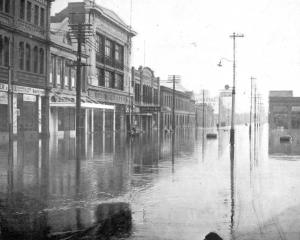

Disputed event: The launch of a replacement recipe in April 1985 and relaunch of the classic version 79 days later
First allegations: Soon after the reversal; the BBC made a documentary in 2003.
And they would have gotten away with it too: By the end of 1985, Coca-Cola Classic was substantially out-selling both New Coke and Pepsi. If it wasn’t a conspiracy, it should have been.
Coca-Cola is one of those American consumer brands that seem to be loved even by those who have no interest in consuming the product. With its own official nickname, Coke is a cool logo to be seen hanging out with. Never mind supping the stuff.
The 1985 launch of "Noo Coke" is a marketing 101 exercise in what not to do with a beloved brand. It was ridiculed by late-night TV hosts Johnny Carson and David Letterman on a nightly basis. It was seen by hardline Southerners as a capitulation to "Yankees" and by Cuban revolutionary leader and longtime Coke-swiller Fidel Castro as a sign of capitalist decadence.
There are various versions of the allegation. "They say" Coca-Cola launched the new product in order to scrap it to draw attention to the original; that the process was to hide a replacement of cane sugar with corn syrup as a sweetener, or, rather more exotic, that the musical-colas game was to obscure the removal of coca leaf extract (a by-product of cocaine production), which was becoming harder to obtain due to President Ronald Reagan’s war on drugs.
The debacle gave the world the most utterly convincing corporate denial of a conspiracy allegation: Donald Keough, the company president, answered speculation by saying "We’re not that dumb, and we’re not that smart".












